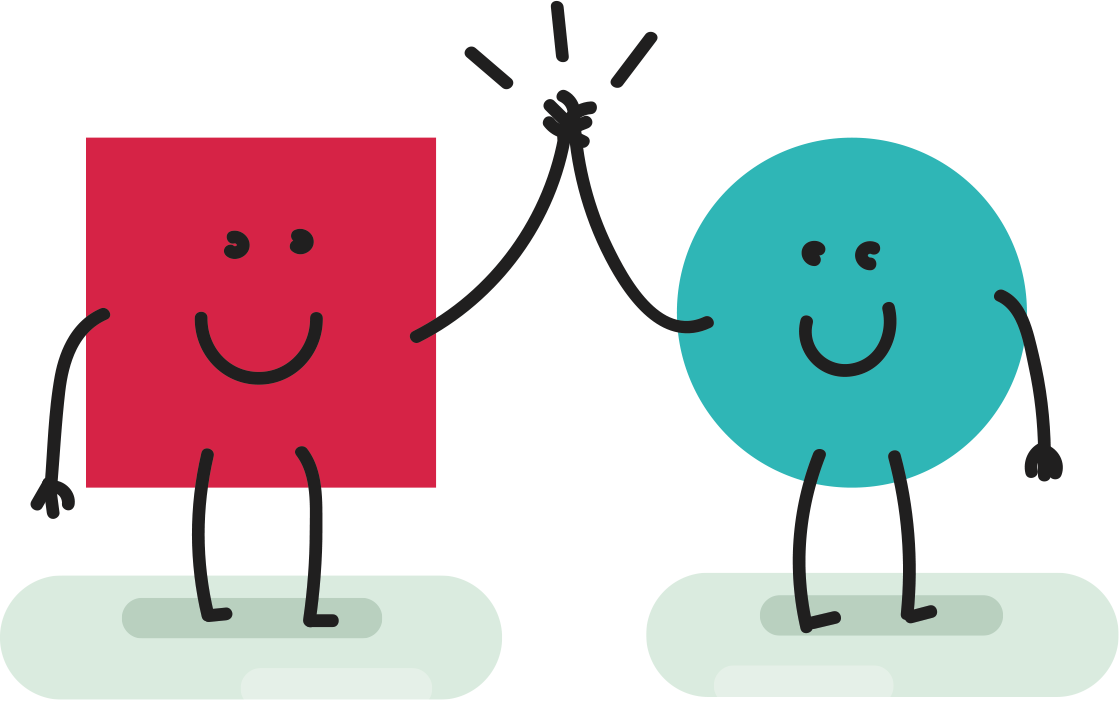

A clinical interview can be used to assess needs relating to paranoia as well as, standardised tests, questionnaires and observations.Past and family history of mental health conditions, any medications or drug and alcohol use may also be taken. We may ask about the paranoid thoughts the child or young person is having and how this is impacting on their daily life.
Future therapeutic input is recommended after an assessment based on the needs that are identified during assessment. Any needs identified can be written up for you into a brief or comprehensive report depending on the individual circumstances. An intervention is the most likely recommendation following an assessment. During the initial discussion, possible options going forward for after an assessment can be discussed.
Our psychotherapists and psychologists offer various interventions appropriate for paranoia. We will choose an intervention based on the individual's unique circumstances. The interventions which we can provide include:
Interventions can provide children and young people with needs relating to paranoia strategies to support them.
Arrange an Initial Discussion to find out how we can help. The initial discussion lasts 1-1.5 hours, comes with a written recommendation summary and is a starting point to identify needs. The cost is £260.
only
£260
The impact of paranoia on the child or young person vary depending on the individual's age and their stage of development. Early needs identification along with appropriate intervention decreases the risk to the child or young person with paranoia and helps to improve their outcomes. If you are interested in an assessment for needs relating to paranoia for yourself or a child or young person in your life please get in touch to find out more about the help we can offer.








Once again thank you for all your help and for actually listening to me when others wouldn’t.

Jodie (Parent)
Thank you Julie once again for the excellent report, it captured the child’s needs entirely - SENDIASS, parents and me commented on how well written it was. Many thanks for your continued assistance.

SENCO
Sarah Ward was brilliant with us. Really happy with the help and support, would recommend.

Joanne (Parent)
I think the work you have been doing has been great to help break the stigma of mental health and as a fellow sufferer I know how important that is.

Mental health professional
Many thanks for Sarah W’s hard work with our students which has been very well received.

Deputy Head
Really enjoyed it and learnt lots that I can take back to school. Thank you for the quality experience.

Sarah Tindal
Thank you Julie once again for the excellent report, it captured the child’s needs entirely - SENDIASS, parents and me commented on how well written it was. Many thanks for your continued assistance.

SENCO

We provide bespoke solutions to suit all budgets and requirements for children and young people aged 0-25 in homes, education settings and the community. Our clinical, educational and child psychology services are cost effective.
To make a referral and arrange an initial discussion please complete our referral form.

Ready to get started? The next step is to speak to our team to find out more about the services we provide and how we can help. Call us on 0161 820 9229 or email office@hsrpsychology.co.uk